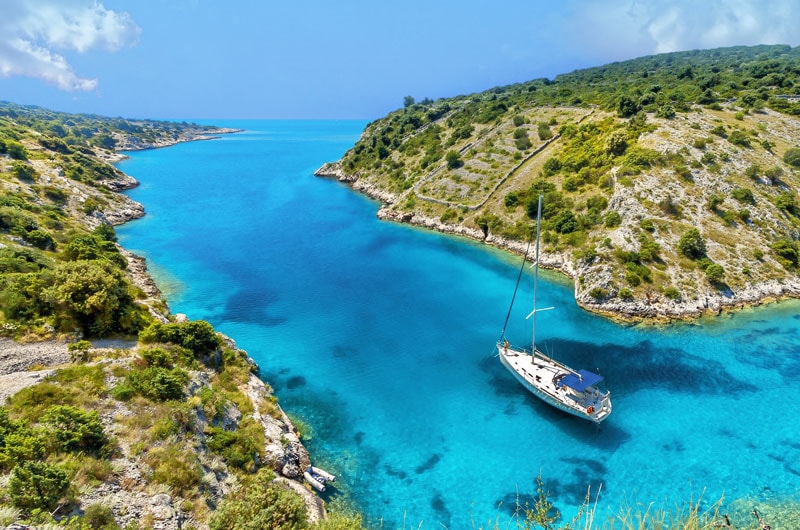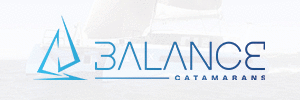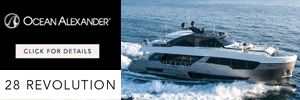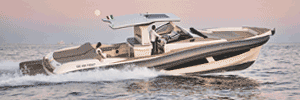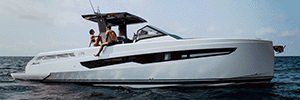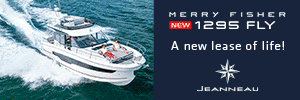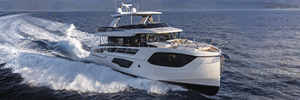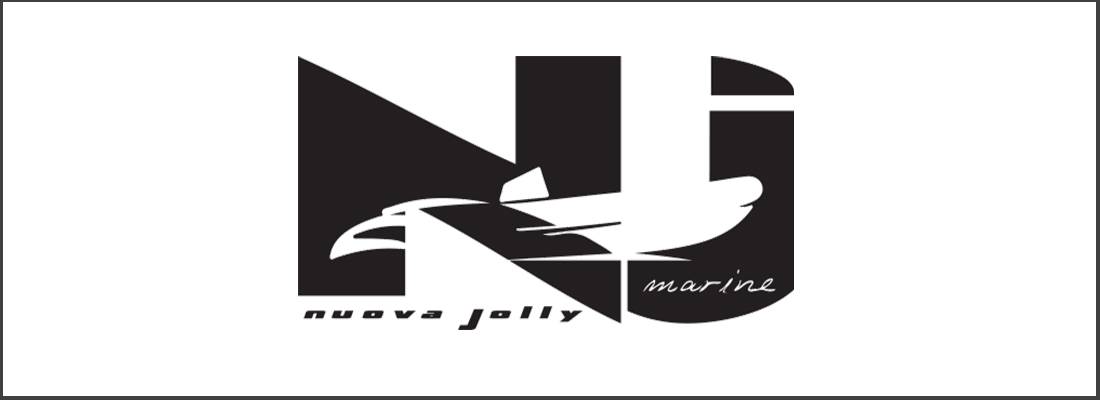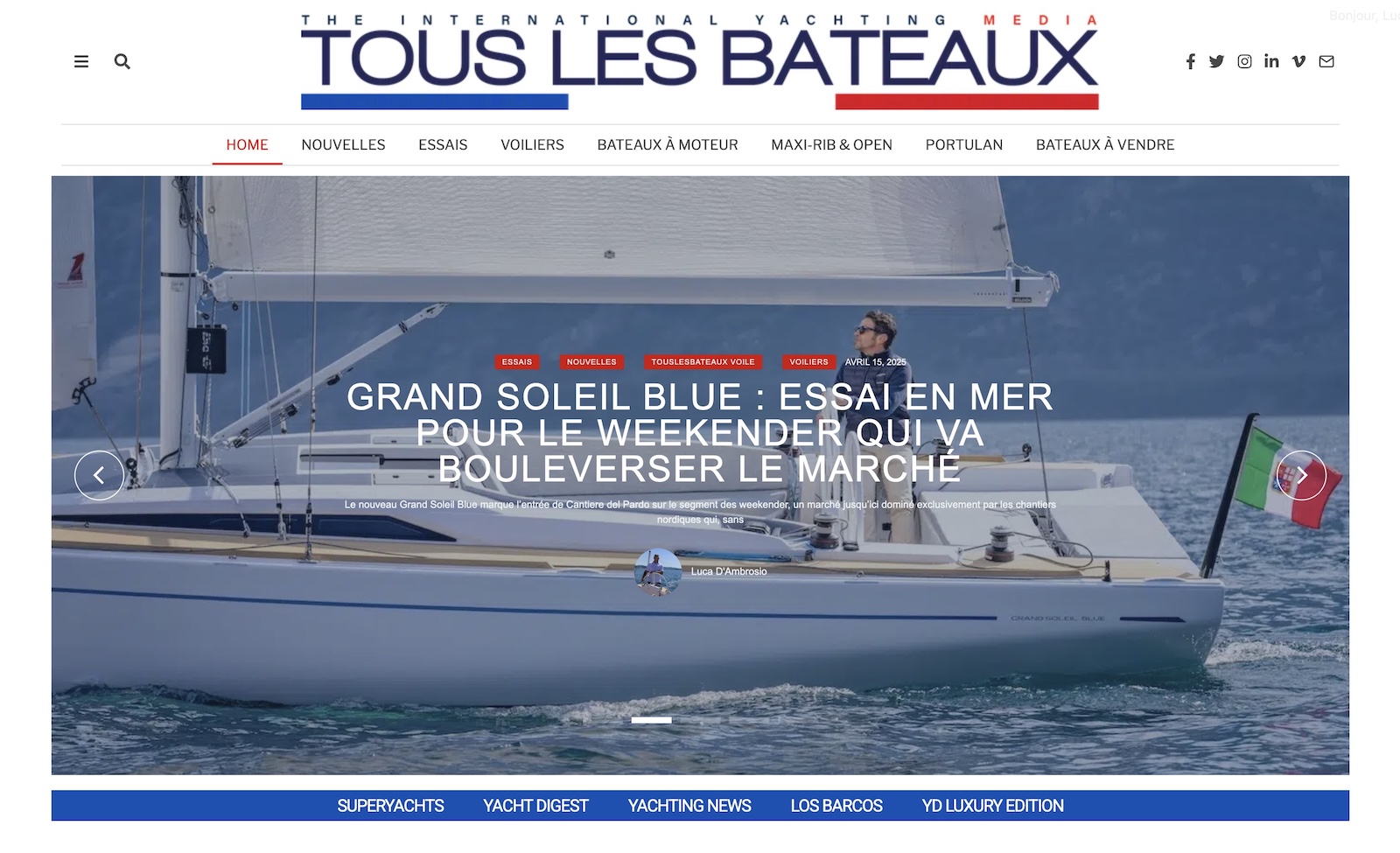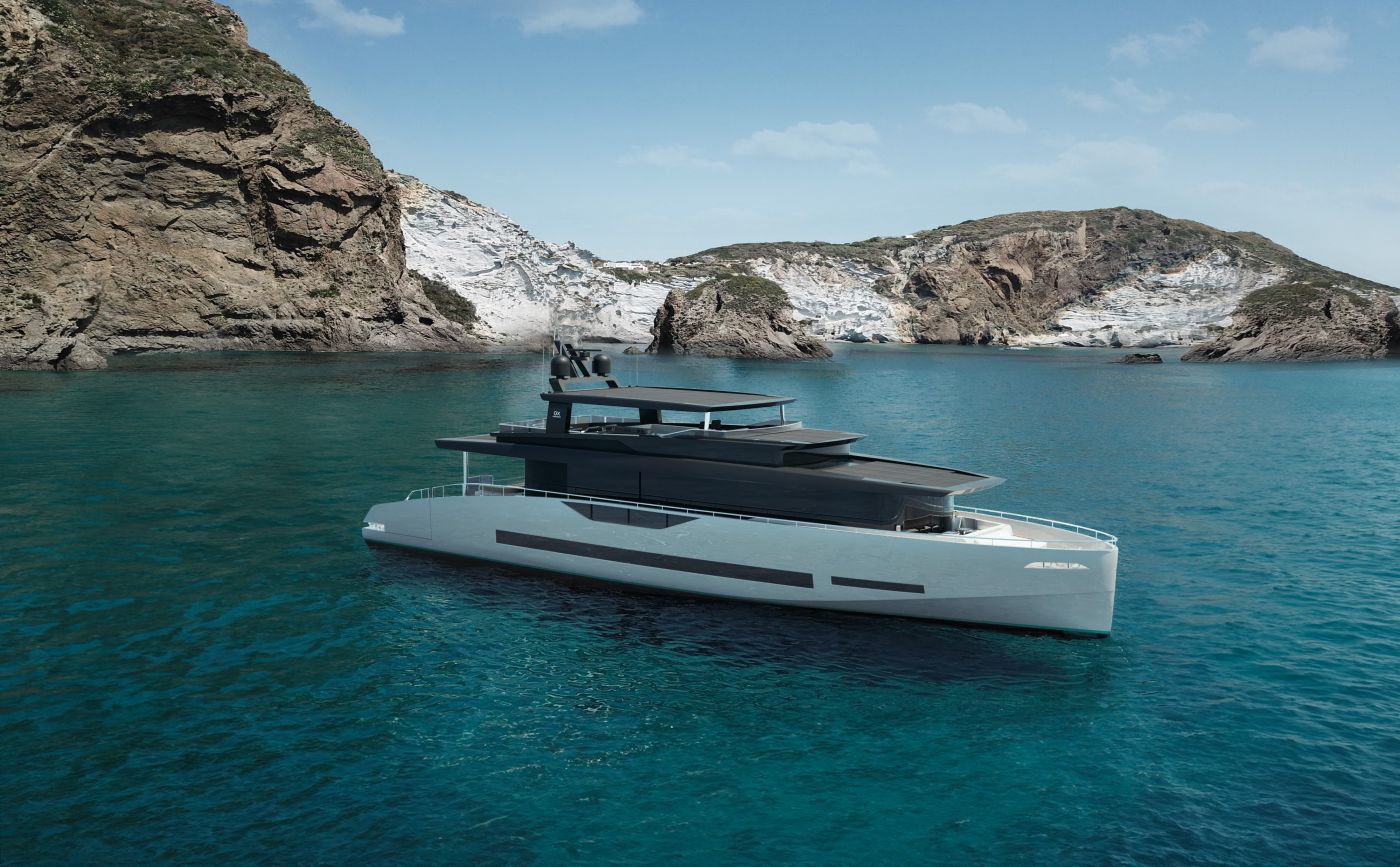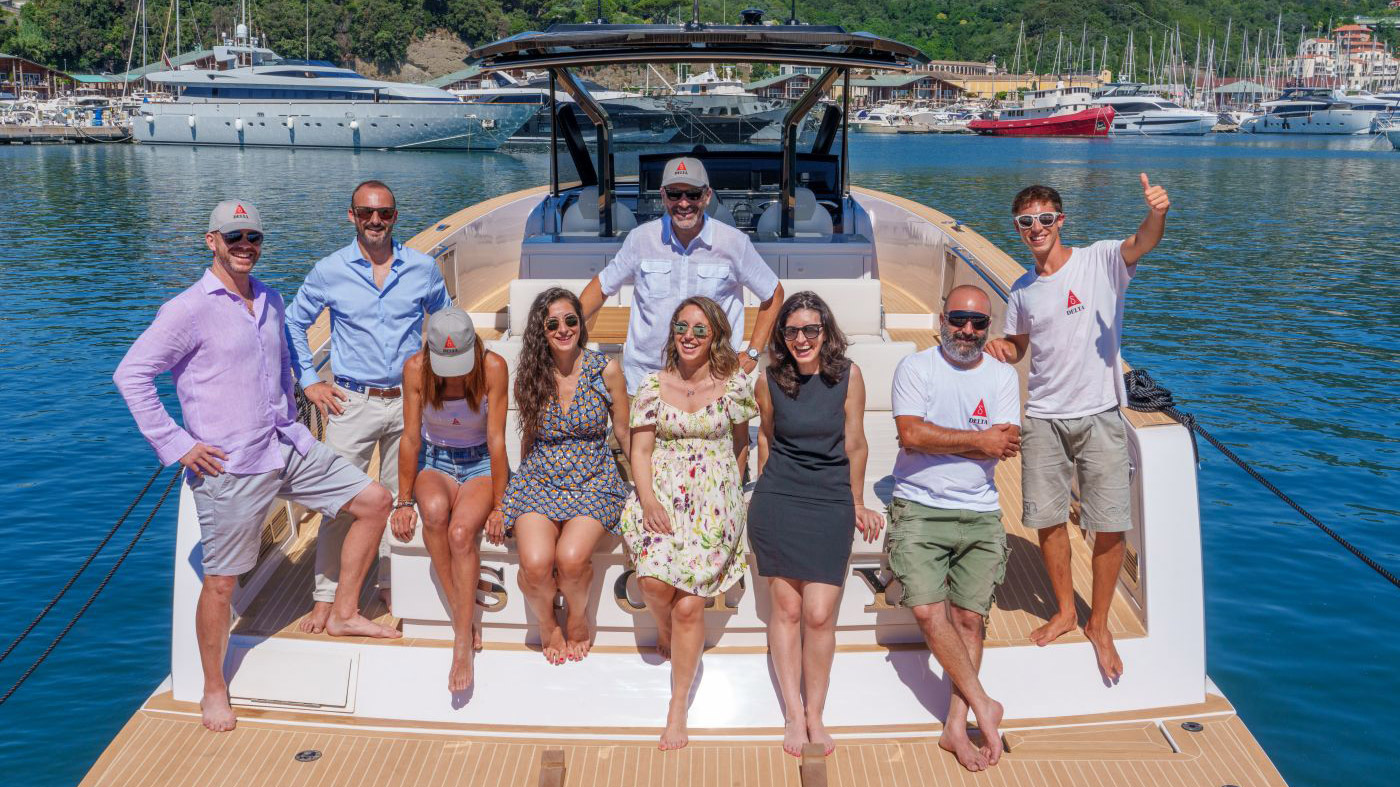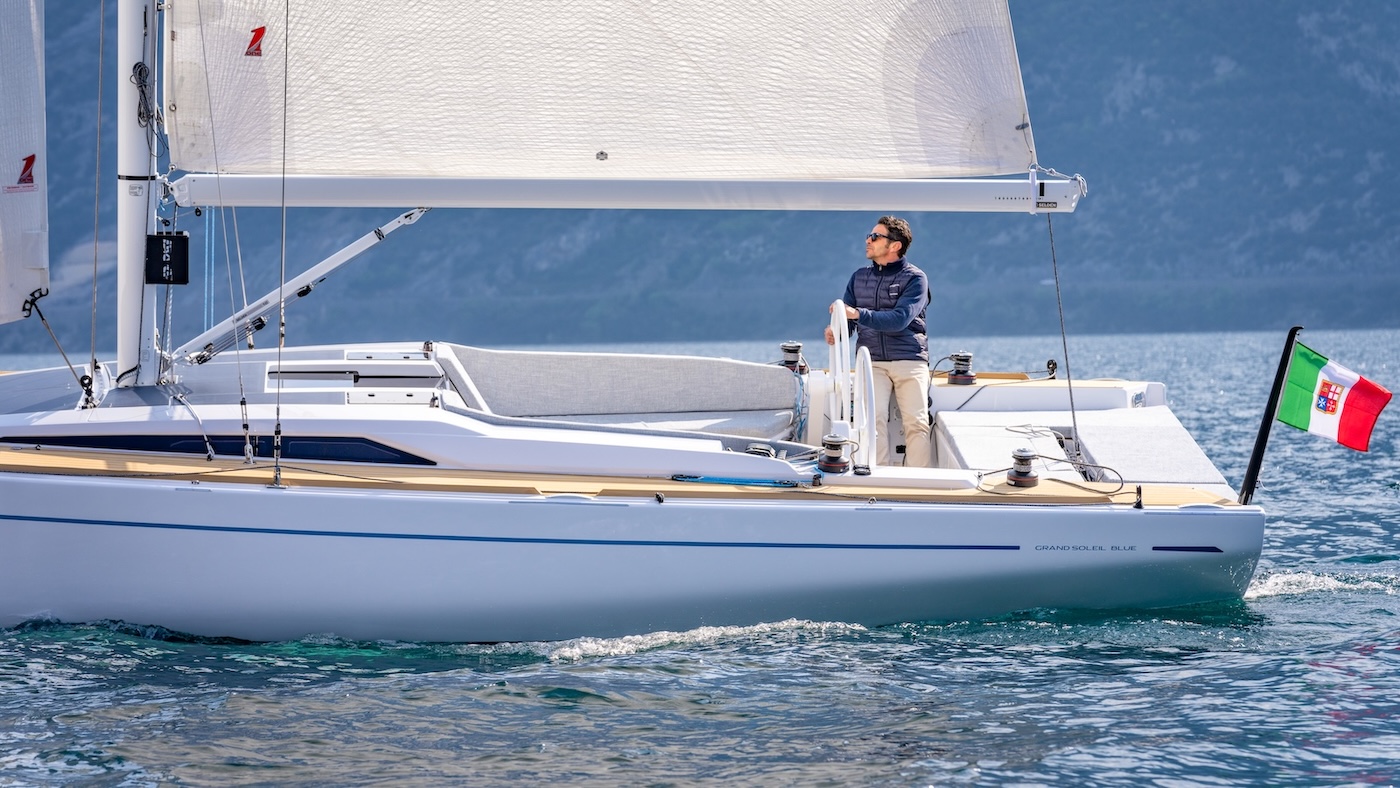Boat cruise preparation
All checks have been carried out, everything seems to be in order, our boat shines like a mirror; we are finally ready to set sail! But another question springs to mind: where shall we go?
Throughout the winter, we have focused our mind on beautiful empty beaches, flat sea and shining sun. The photograph we have in mind when we think of our holiday could not be more captivating and we look forward to the day when we will finally make our dream come true.
However, before leaving, we should pay attention to some factors which might affect our holiday, determining whether it will develop as we have imagined or it will take a less quite and less relaxing turn.
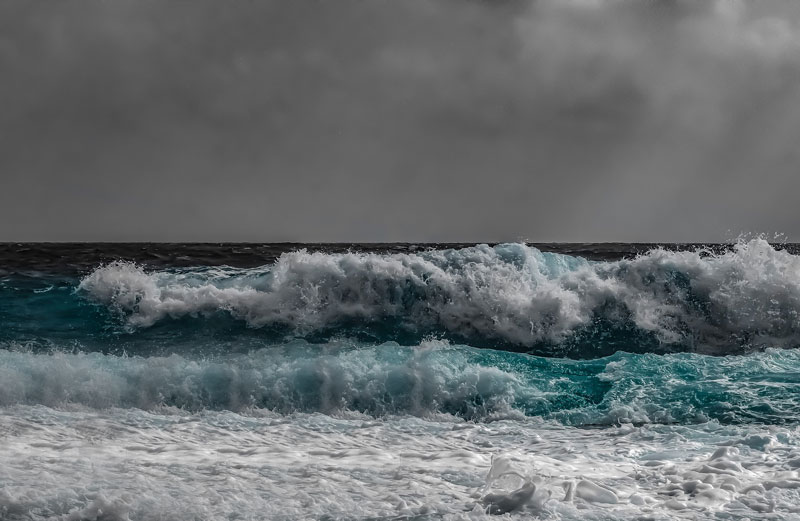
The first aspect, probably the most important one, we should consider for the success of our cruise is weather: weather forecast should be checked not only on the day of our departure but, above all, on the following days in order to follow the constant evolution of elements. So, for example, it might happen that one decides to sail to the enchanting western coast of Corsica or Sandinia for a quiet cruise week and, seeing that a couple of days of good weather is expected, he decides to leave.
What most of us sometimes don’t take into account is that, for th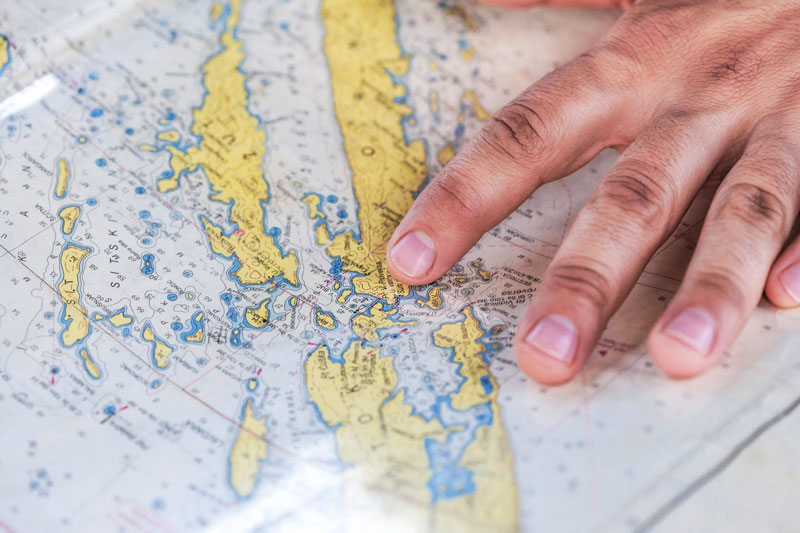
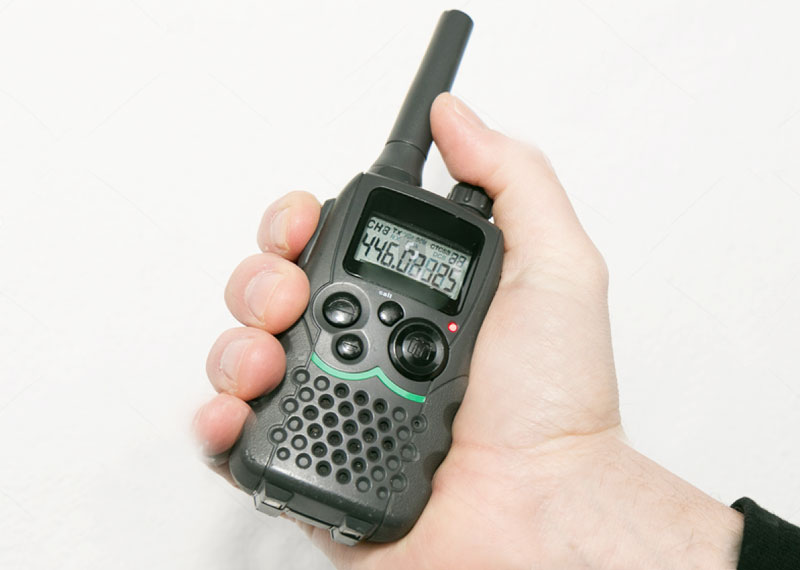
Our knowledge of the coasts we want to explore will have a considerable influence over our decisions. The more confident we are – as a result of past direct experiences or of certain consultations of manuals ( there are several types of manuals, catalogued by areas, illustrated and commented) or confidence people – the less we will take the chance of run up against unpleasant situations.
Because of its natural conformation, every anchorage or 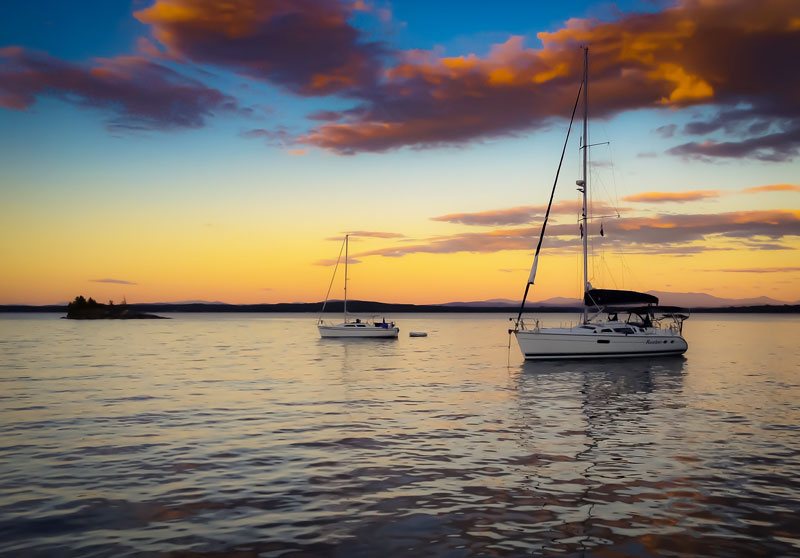
Ports and marinas, too, can cause problems and entering them can become risky or even impossible in strong wind and, above all, in rough sea. In this case, it is always preferable to wait or opt for another location.
As for sea bottoms, they can be sandy, rocky, muddy or with seaweed and there’s no guarantee that our anchor is suitable for all of them. Our plan may be delayed in case of rough sea and headwind.
As you can see, there are many coastal variables to take into the account. The more prepared and informed you are at the beginning of your travel, less time and energies you will devote to these issues during your cruise. Me, for example, I always calculate the number and quality of shelters the coast offers to me, I divide them according to the elements I might be forced to handle and I plan my itinerary. It is also highly recommended not to have only one option to spend the night or stay safe because, especially during the hottest months of the season, because many other yachtsmen might have already chosen it; so, you’d better to identify, as soon as possible, another sheltered location you can get easily. Ports and marinas are not always a good alternative, since, especially in case of strong wind, berths fill up pretty fast.
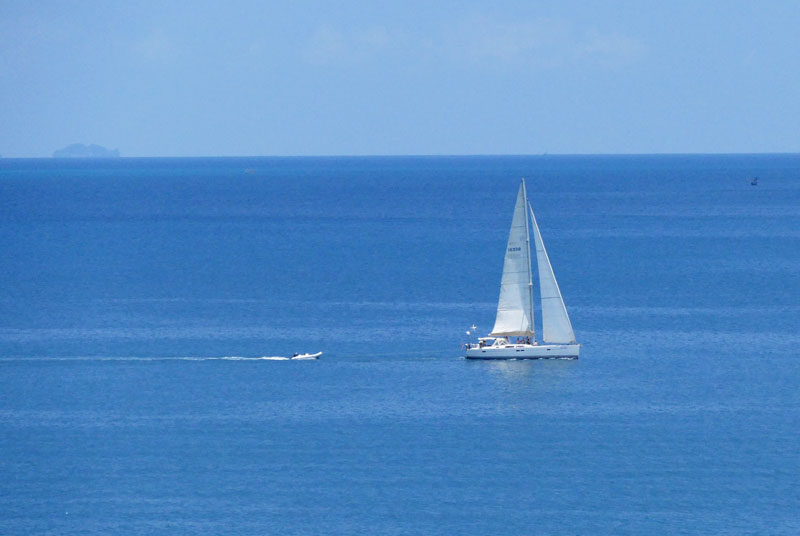
Now, let’s talk about the type of itinerary we should choose according to the boat we have. The key problem is how your boat can face challenging conditions, or better, how much comfort you are willing to give up in such situations. If you’re looking for a relaxing cruise, you will certainly avoid situations where your boat doesn’t stand out. More specifically, if you have a sailboat which likes sailing downwind but tends to list a lot when sailing close to the wind, you’d better to prefer close reach; if, on the contrary, you have a very fast motorboat which doesn’t tolerate cross sea, the most appropriate option for you is represented by longer transfers on a flat sea. All these tricks will make you enjoy the qualities of your boat.
Fuel, water and food capacity is another essential aspect you should take into account; a thoughtful alternation of stops and nights in the port will prevent you from wasting your time or divert your itinerary to refresh your supplies. As a general rule, it is important to calculate the daily requirement of 
Time, too, is a very important aspect that you should never overlook. Travel planning can’t ignore the time you have at your disposal; so, the desire to go too far and visit a multitude of spots is not on your side. Having enough time to reach your destinations will make you feel less tired and significantly less stressed. Night and low visibility make anchorage operations more difficult for both experienced ans inexperienced crews. Moreover, planning departure and return with some days of margin can prevent you from running up against unpleasant situations.
Let me now turn to another aspect which, even though it is sometimes funny, often represents a concrete difficulty for many skippers: to establish the crew’s aptitude for navigation.
Many friends of yours are certainly used to profess themselves to be real sea dogs, with a long experience of terrible storms and repository of the teachings of the greatest sailors in circulation. Unfortunately, however, this is almost never the case and, more likely, they are just some enthusiasts! Sometimes, it’s the opposite and their innate caution and inexperience reach levels that border on a form of panaronia which stops them from leaving the port in a 10-knot wind.
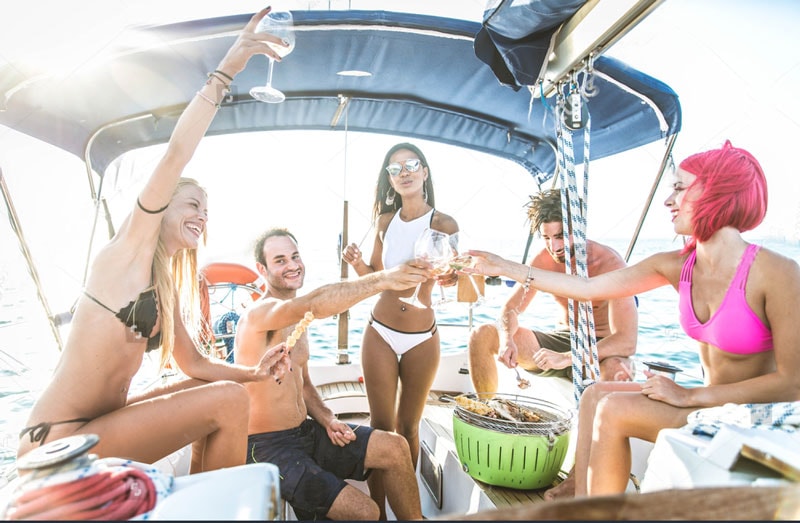
An important prerequisite for the decision maker is the capacity to interpret the general mood and the potential of every single member of the crew, in order to make them become precious allies in case of need or to prevent them from finding themselves in situations where they don’t have the right tools they need. On the basis of this evaluations, he will choose the most appropriate type of navigation for his crew. In addition, he should mediate between the different inclinations and characters, in case of large and varied crews.
As for the itinerary and crew, let me give you one last tip or, maybe, a warning: if the situation gets out of hand and you have asked too much of yourself and the others, the charge of the whole navigation will rest on your shoulders.
By mixing and examining all these aspects together, you will able to find the right balance to make your itinerary perfect for everyone.

